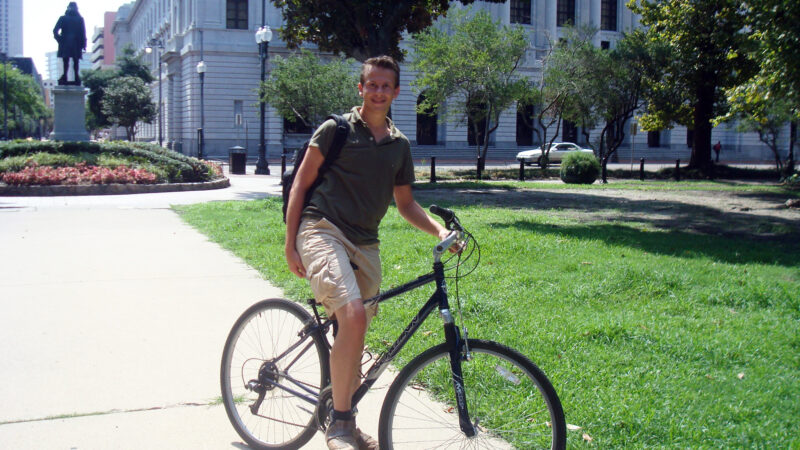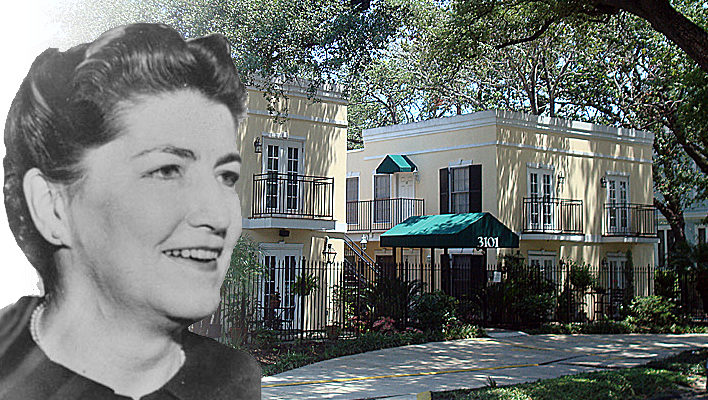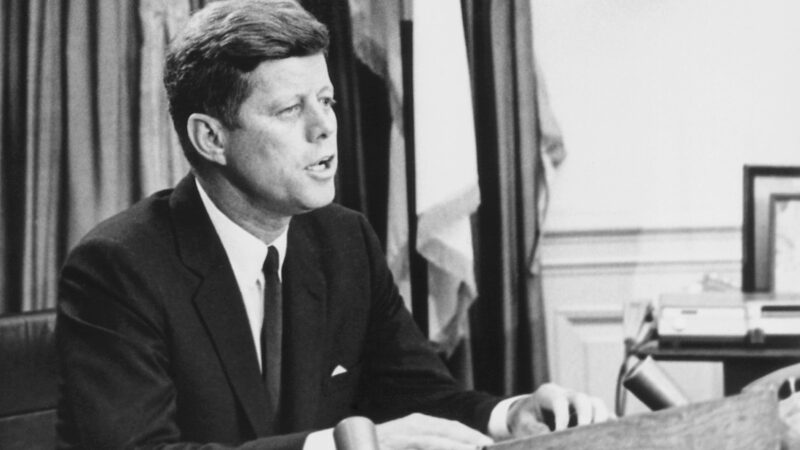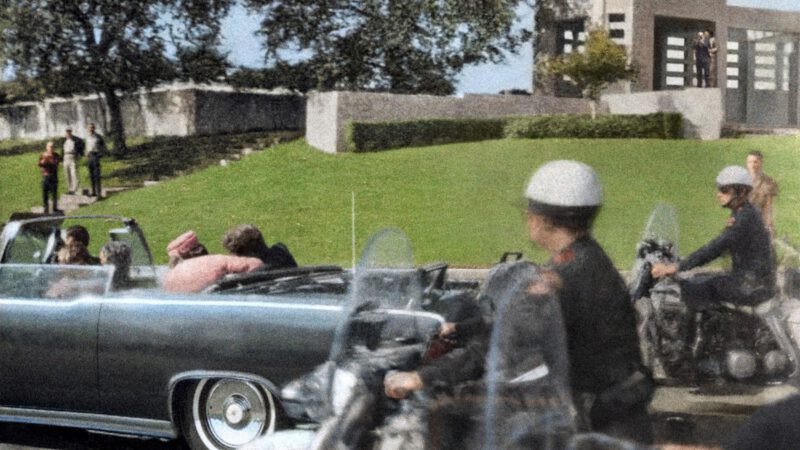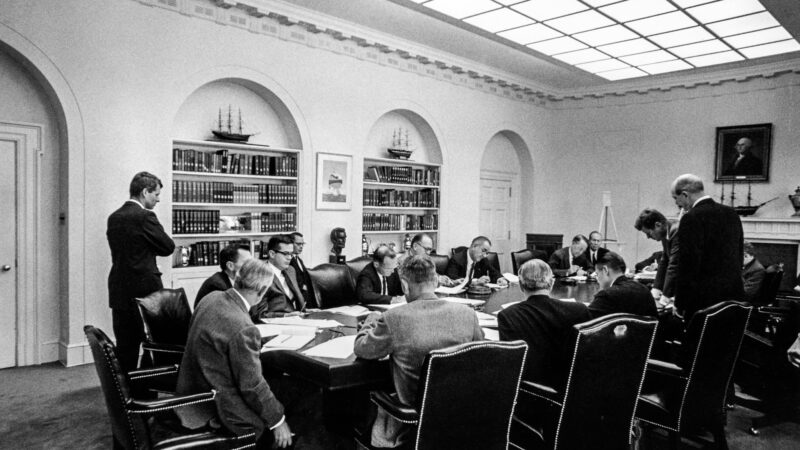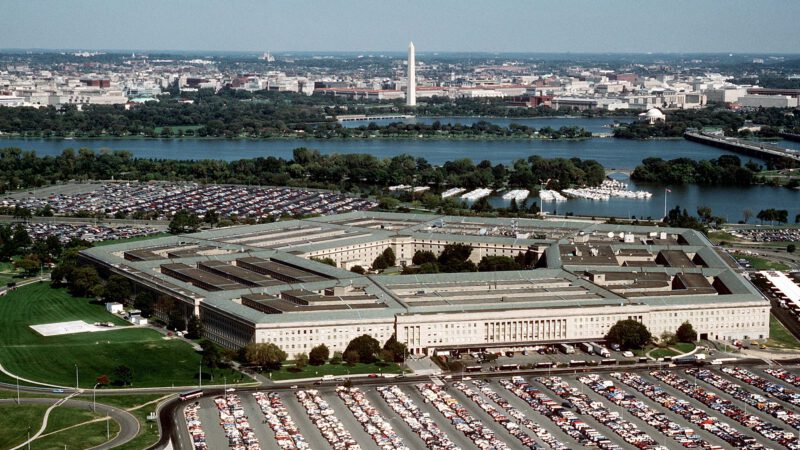Operation Mongoose
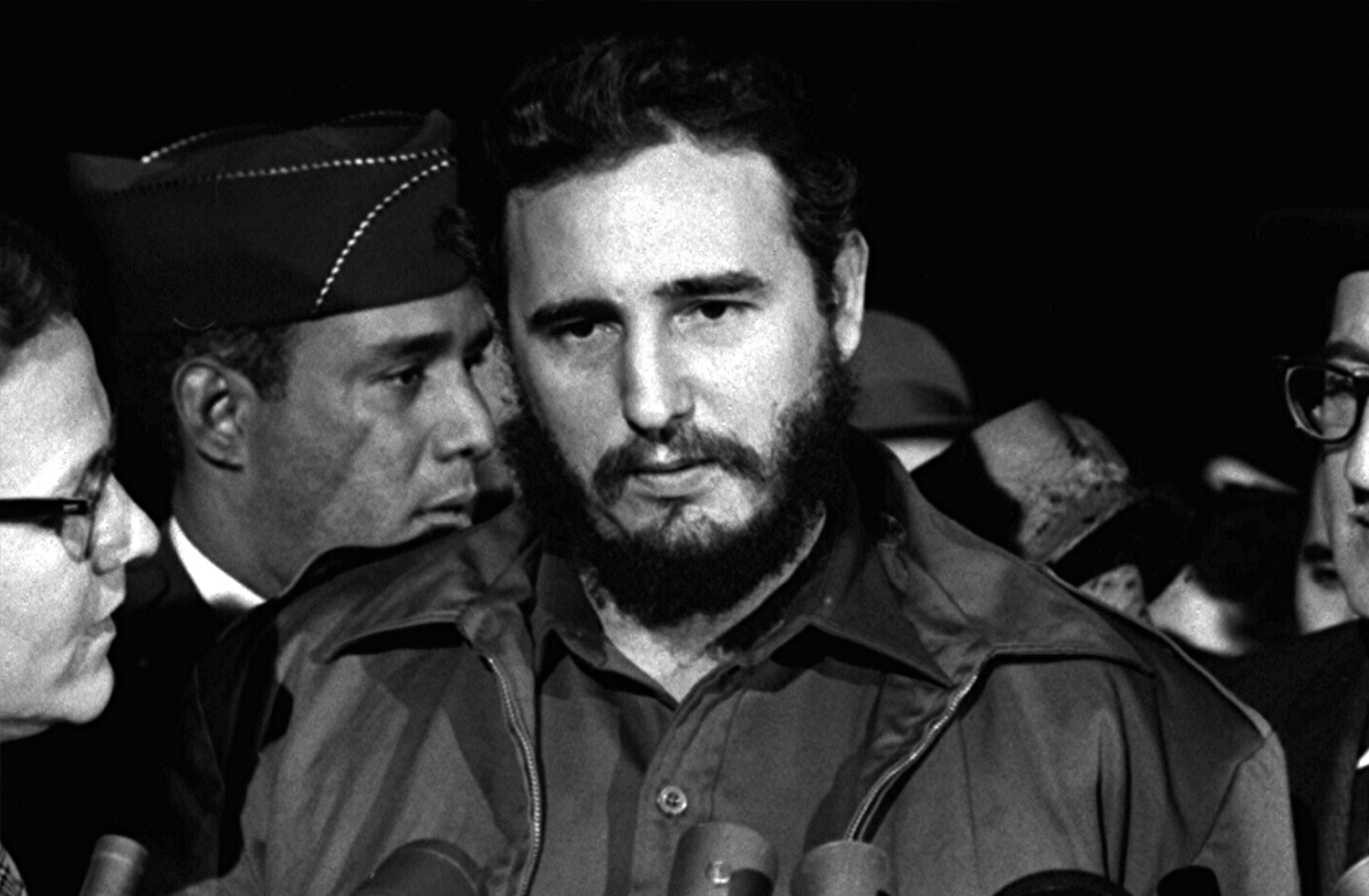
Kennedy established a committee, chaired by his brother Robert, following the failure in the Bay of Pigs, tasked with finding effective solutions. The committee, including government members, ministry staff, and CIA officials, agreed on November 4, 1961, to launch a new operation named ‘Operation Mongoose.’ It became the largest CIA project in peacetime, involving around 600 agents in and around Miami, nearly 5000 CIA contractors, and the third-largest military force in the Caribbean, equipped with submarines, patrol ships, coast guard vessels, seaplanes, and Guantanamo Bay as a base. Robert Kennedy and the new CIA director, John McCone, took responsibility for dealing with the Castro issue, along with Brigadier General Edward Lansdale from the Department of Defense. William K. Harvey coordinated the project from the CIA.
Major General Edward Geary Lansdale (1908-1987) had been working for the CIA and the Department of Defense since 1957. He held various high positions, including serving as an advisor to South Vietnam’s President Ngo Dinh Diem. Lansdale refused to participate in the CIA-backed coup that resulted in Diem’s assassination on November 1, 1963, in Vietnam. Lansdale’s refusal contributed to his dismissal from the Department of Defense. Three weeks after the violent coup in South Vietnam, President Kennedy was assassinated in Dallas on Dealey Plaza. Lansdale was photographed there moments after the murder, although his presence was never conclusively proven. Those who knew him had no doubt when they saw the photo.
Ultimately, 33 plans were outlined, with a few actually implemented. They ranged from propaganda goals to disrupting the Cuban government and economy. Lansdale presented the plans to Robert Kennedy on February 20, outlining a comprehensive campaign involving political, psychological, and military operations, including new assassination attempts on key political leaders. To achieve the latter goal, William K. Harvey increased contacts with the mafia. The plans aimed for an uprising and the overthrow of the communist regime in October 1962, but the Cuban Missile Crisis that same month thwarted the most drastic plans. Robert F. Kennedy instructed CIA director John McCone to cease all secret activities in Cuba immediately, honoring his brother’s promise to Soviet leader Khrushchev. Unbeknownst to McCone and the Kennedys, activities targeting Castro continued in 1963. When Robert F. Kennedy discovered this, he was furious. Harvey was banished to the CIA post in Rome and replaced by Desmond FitzGerald.
Despite Harvey’s departure, small-scale actions continued. The Kennedys aimed to destroy Cuban mines, mills, power plants, and trade ships to provoke a counter-revolution. The CIA planned to use Dr. Rolando Cubela, a Cuban who wanted to become an American. After meetings in Brazil and Paris, Nestor Sanchez, a high-ranking CIA official in Latin America, gave Cubela a pen-shaped syringe filled with poison on November 22, 1963. Upon learning of Kennedy’s assassination, Cubela halted his attempts to kill Castro. His efforts ceased on March 1, 1966, when he was arrested. The death penalty was never carried out, and Cubela eventually emigrated to Spain. A CIA report after Kennedy’s assassination revealed that Cubela had contacts at the Russian embassy in Mexico City, the same people Oswald had spoken to in September 1963, raising questions about whether Cubela was a double agent for Castro.
As threatening as the anger of top criminals and disgraced CIA bosses was the knowledge Castro had acquired. He was aware of the plans against him. On September 7, 1963, Castro told Daniel Harker of the Associated Press, “The leaders of the United States will be in danger if they contribute to efforts to oust Cuban leaders. If they assist terrorists in eliminating Cuban leaders, they will not be safe themselves. Let Kennedy and his brother Robert take care of themselves, as they too could become victims of an attempt that might lead to their deaths.”
77 days later, John F. Kennedy was assassinated.

